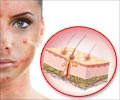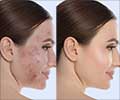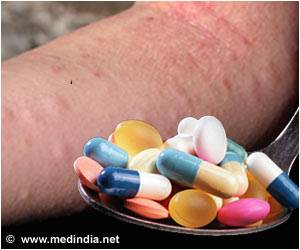Frequently Asked Questions
1. Which Specialist Doctor Should I Consult for Hyperpigmentation?For concerns related to hyperpigmentation, it's advisable to consult a dermatologist, a specialist trained in diagnosing and treating various skin conditions, including hyperpigmentation. Dermatologists can provide personalized treatment plans based on your skin type, severity of pigmentation, and underlying causes.
2. How Can I Remove Hyperpigmentation?
Treatment options for hyperpigmentation vary depending on factors such as the cause, severity, and individual skin type. Common treatments include topical creams, chemical peels, laser therapy, and microdermabrasion. Consultation with a dermatologist can help determine the most suitable treatment approach for your specific condition.
3. What Is the Best Treatment for Hyperpigmentation?
The best treatment for hyperpigmentation depends on factors such as the underlying cause, skin type, and individual preferences. Dermatological treatments like prescription creams, chemical peels, and laser therapy are often effective for reducing pigmentation. Your dermatologist can recommend the most appropriate treatment based on your unique needs.
4. How Can I Remove Pigmentation Naturally?
Natural remedies for pigmentation may include ingredients like vitamin C, niacinamide, licorice extract, and kojic acid, which have skin-brightening properties. Additionally, practices such as regular exfoliation, sun protection, and maintaining a healthy lifestyle can help improve skin tone naturally. However, consult with a dermatologist before trying any home remedies to ensure they are safe and suitable for your skin type.
5. Can I Remove Pigmentation Permanently?
While some treatments can effectively reduce the appearance of pigmentation, achieving permanent removal may be challenging, especially for certain types of hyperpigmentation like melasma or post-inflammatory hyperpigmentation. Consistent skincare practices, sun protection, and regular maintenance treatments can help manage pigmentation over time, but complete elimination may not always be possible.
6. Does Vitamin C Reduce Pigmentation?
Vitamin C is known for its antioxidant properties and its ability to brighten the skin. When applied topically, vitamin C serums can help reduce hyperpigmentation by inhibiting melanin production and promoting collagen synthesis. Incorporating vitamin C into your skincare routine may contribute to a more even skin tone and improved pigmentation over time.
7. What Foods Reduce Melanin?
While specific foods are not proven to reduce melanin production directly, consuming a balanced diet rich in antioxidants, vitamins, and minerals can support overall skin health and may contribute to a more radiant complexion. Foods like berries, citrus fruits, leafy greens, and nuts contain nutrients that promote skin health and may help minimize the appearance of pigmentation when combined with a comprehensive skincare regimen.









